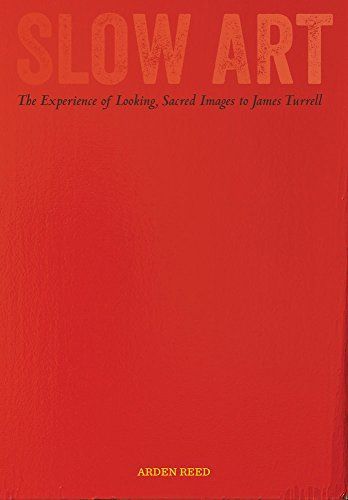
Slow Art The Experience of Looking, Sacred Images to James Turrell
"More Americans visit art museums annually than attend all major-league sporting events. Yet many come away dissatisfied, because art rarely yields itself to the few seconds most viewers spend on individual works. In a culture of distraction, Slow Art models ways to extend and enrich acts of looking. This study defines a new aesthetic field crossing centuries and mediums, including video, photography, land and installation art, painting, performance, sculpture, and fiction. Also tableaux vivants ("living pictures"), live restagings of artworks. Often dismissed as marginal, the practice is fundamental--poised between motion and stasis, life and art--witness its current flourishing. This history of looking includes Diderot, Emma Hamilton, Oscar Wilde, Jeff Wall, Sam Taylor-Johnson, Andy Warhol, Richard Serra. But rather than a set of objects, slow art names a dynamic relationship that transpires between objects and observers. Slow art enacts tacit contracts between works that have designs on us and beholders who invest in them. Slow art emerged in the 18th century, when cultural acceleration created the need to cushion the pace of social life. Simultaneously, however, secularization closed off traditional means to do so. Slow art offers secular viewers pleasures and consolations that engaging sacred images did in ages of faith. Slow art offers objects their due attention, and offers observers meaningful encounters. Such experiences are available to everybody by practicing the pleasures of lingering. Because such opportunities are not given, Slow Art proposes strategies for artists, artworks, and beholders"--Provided by publisher.